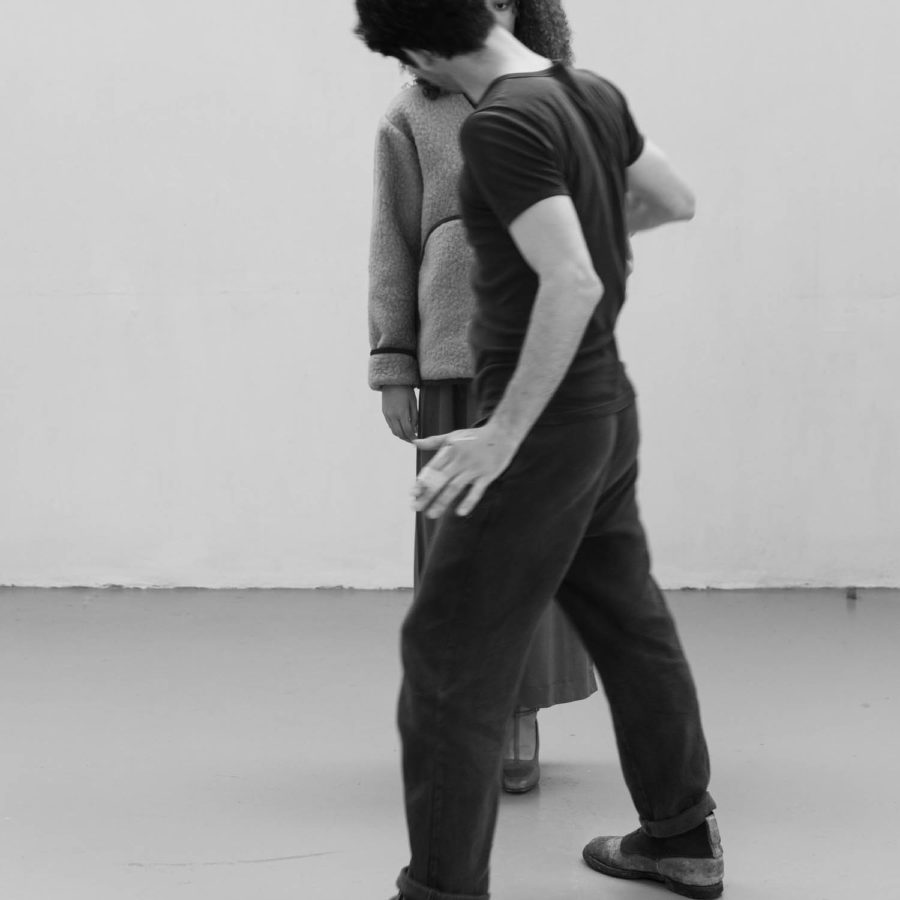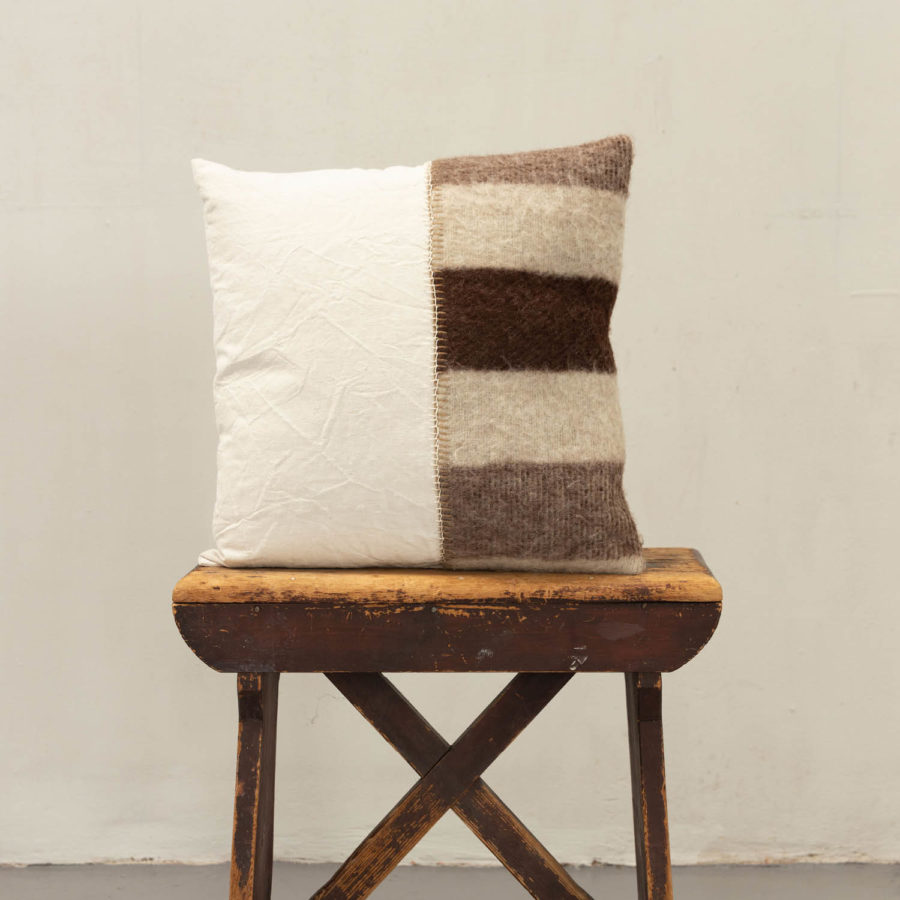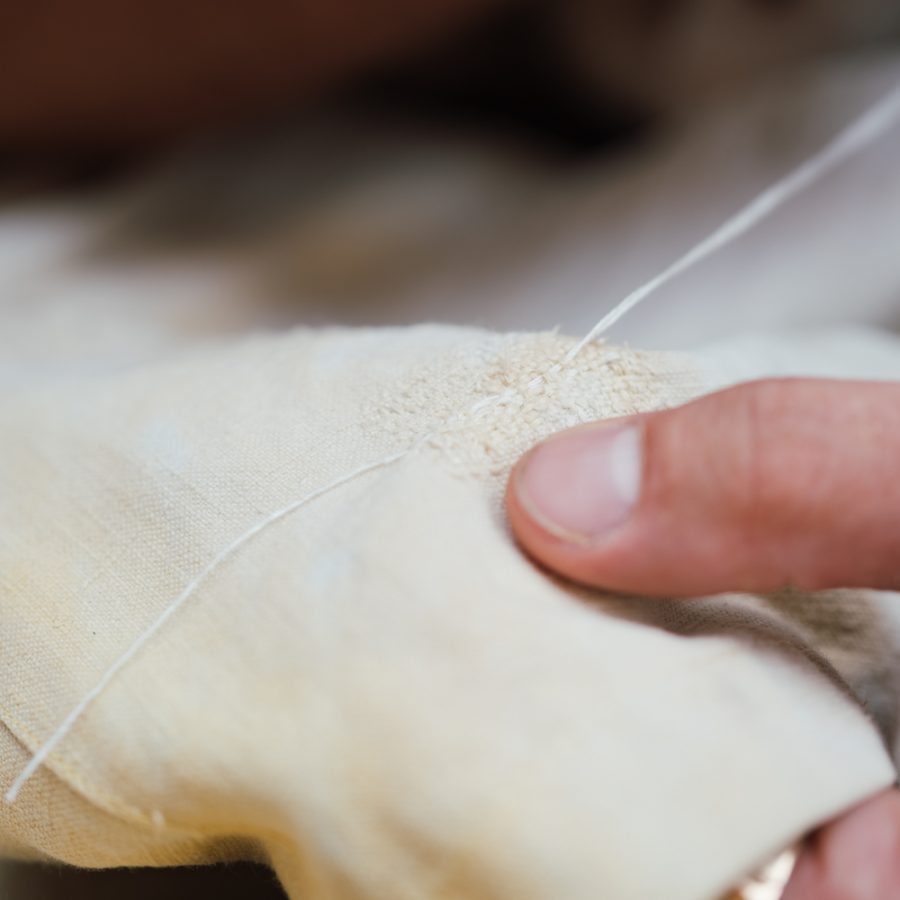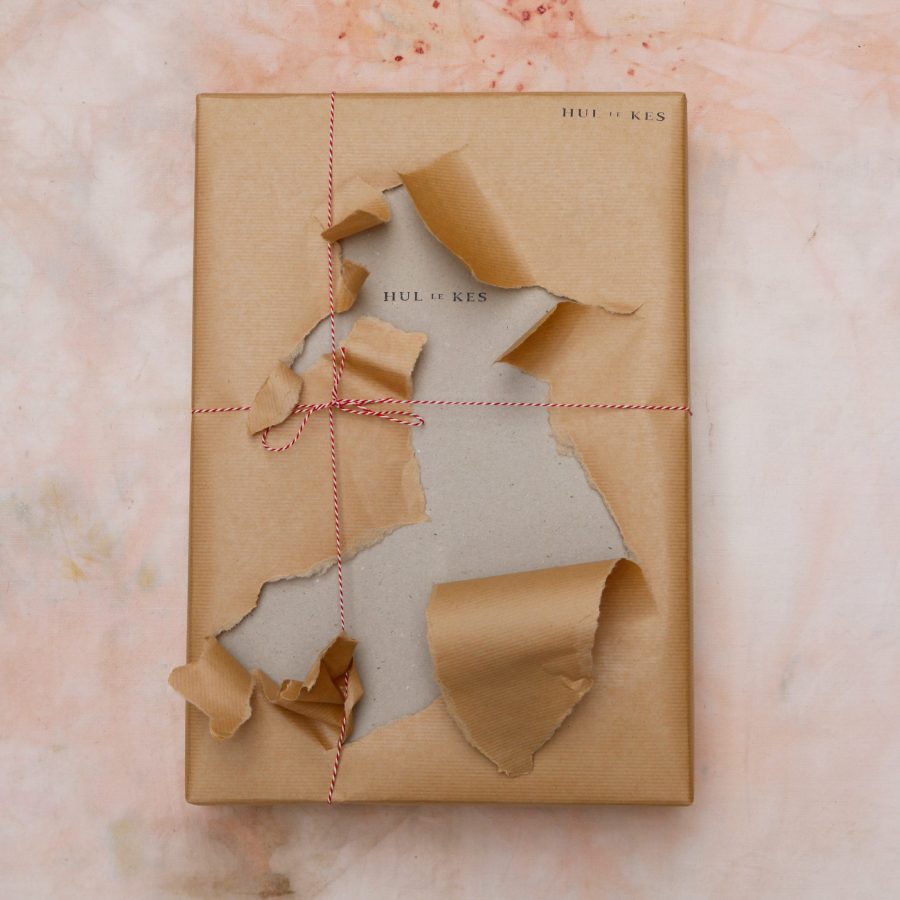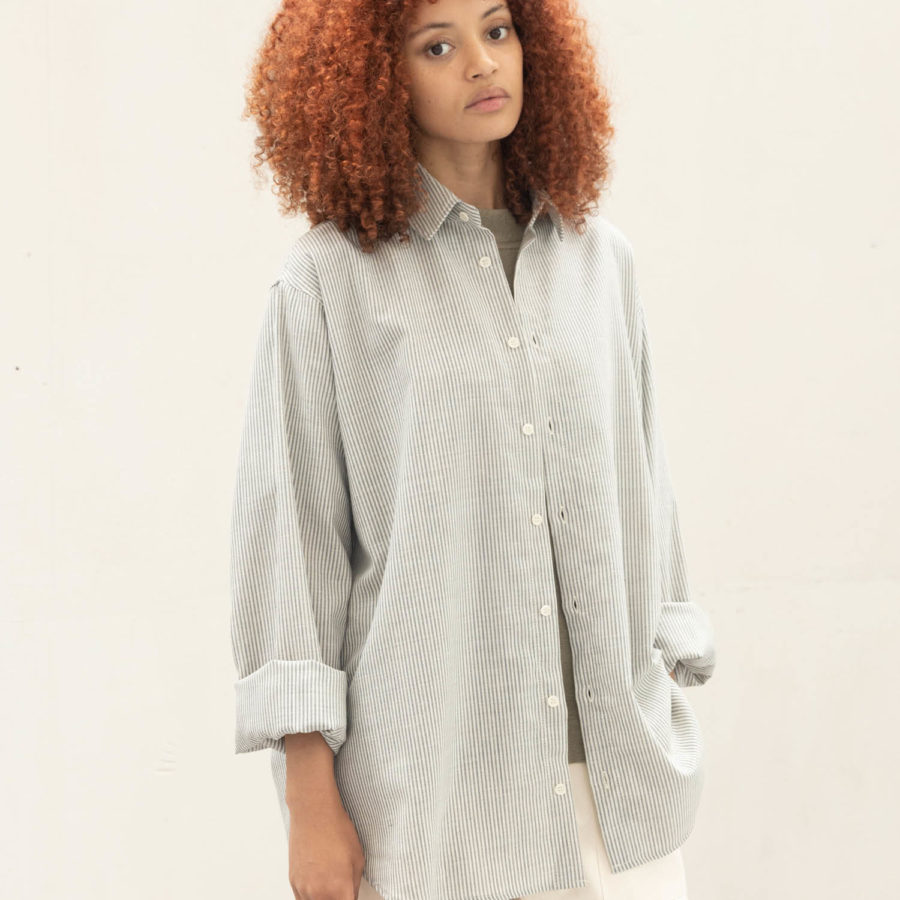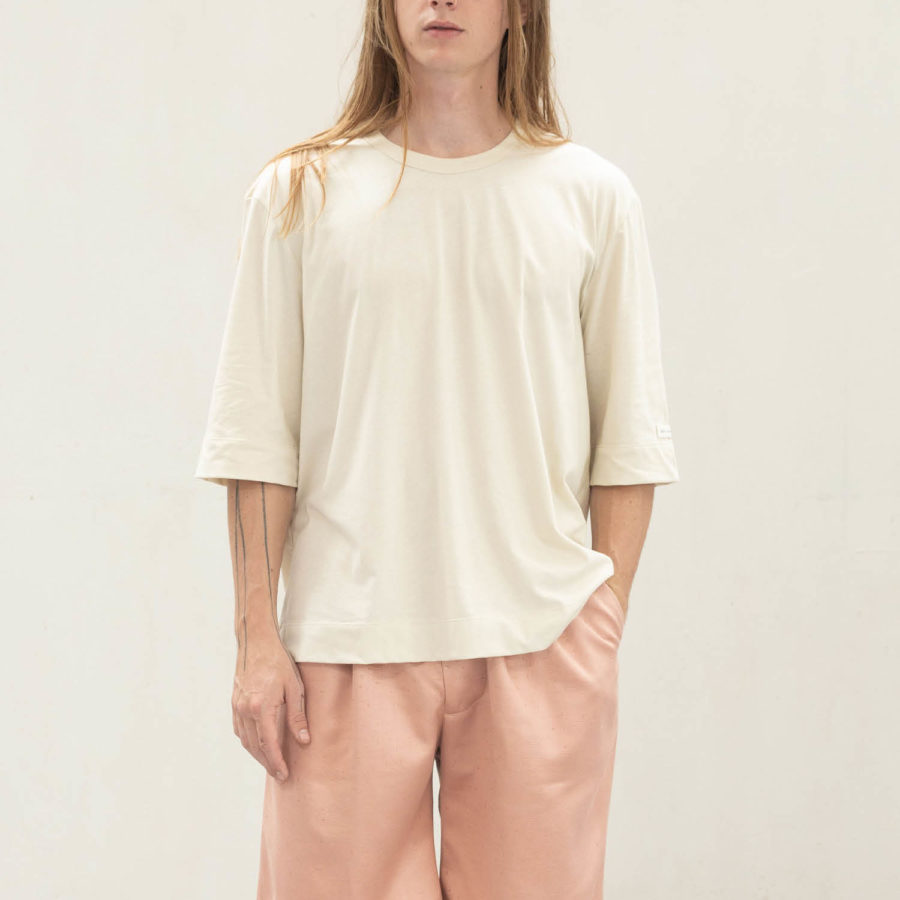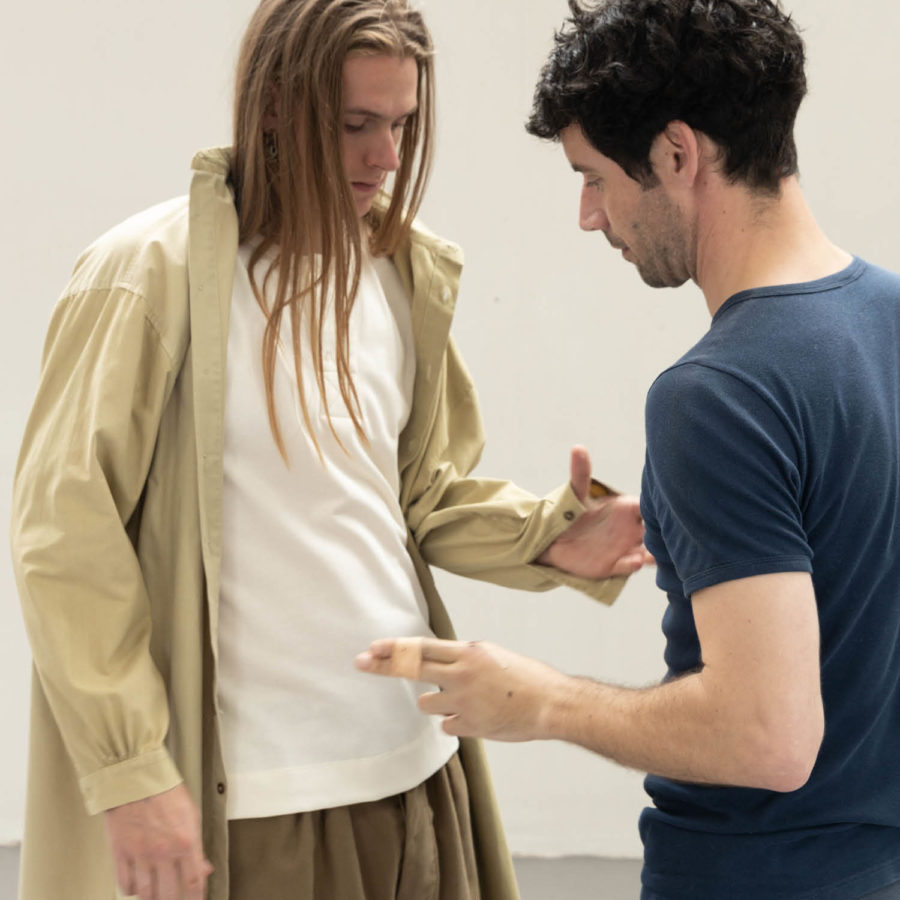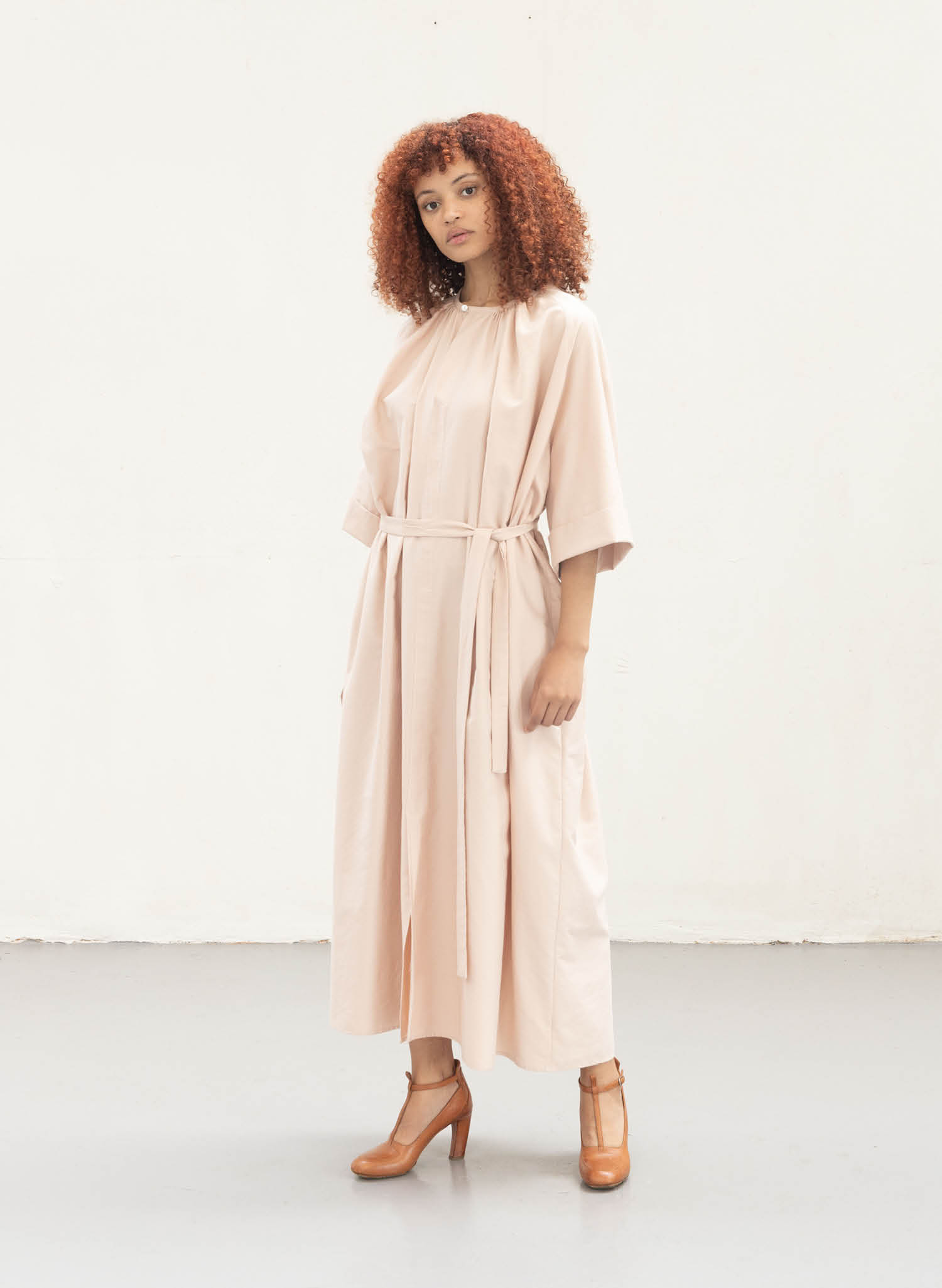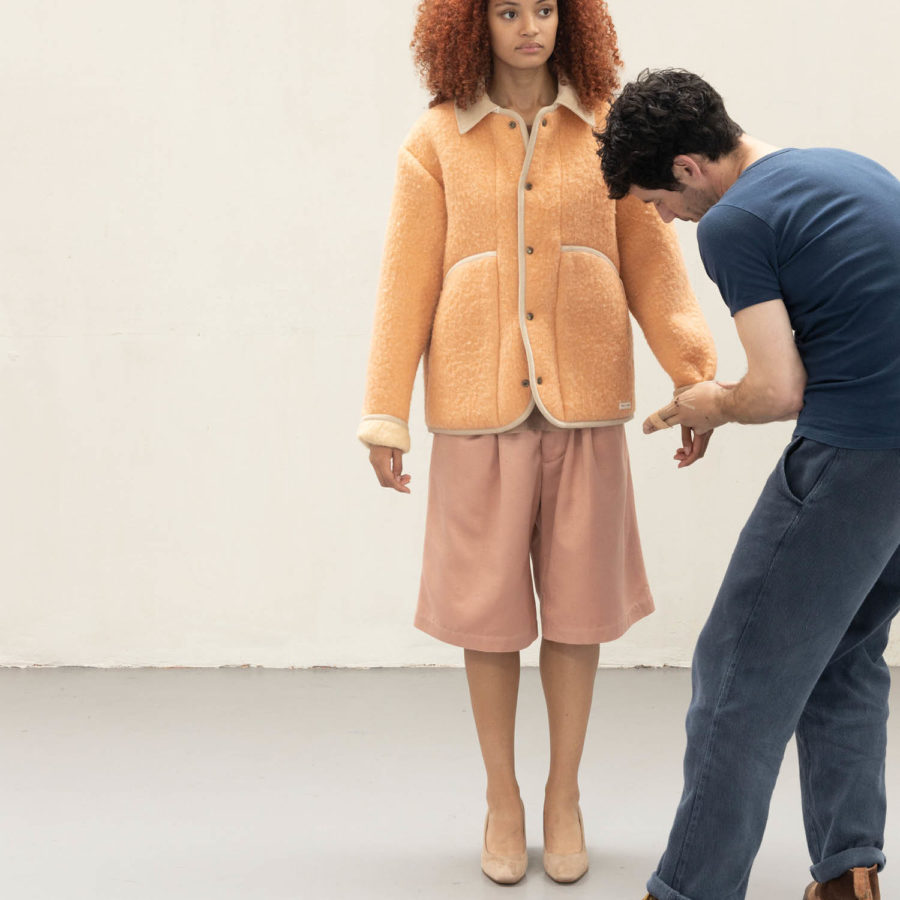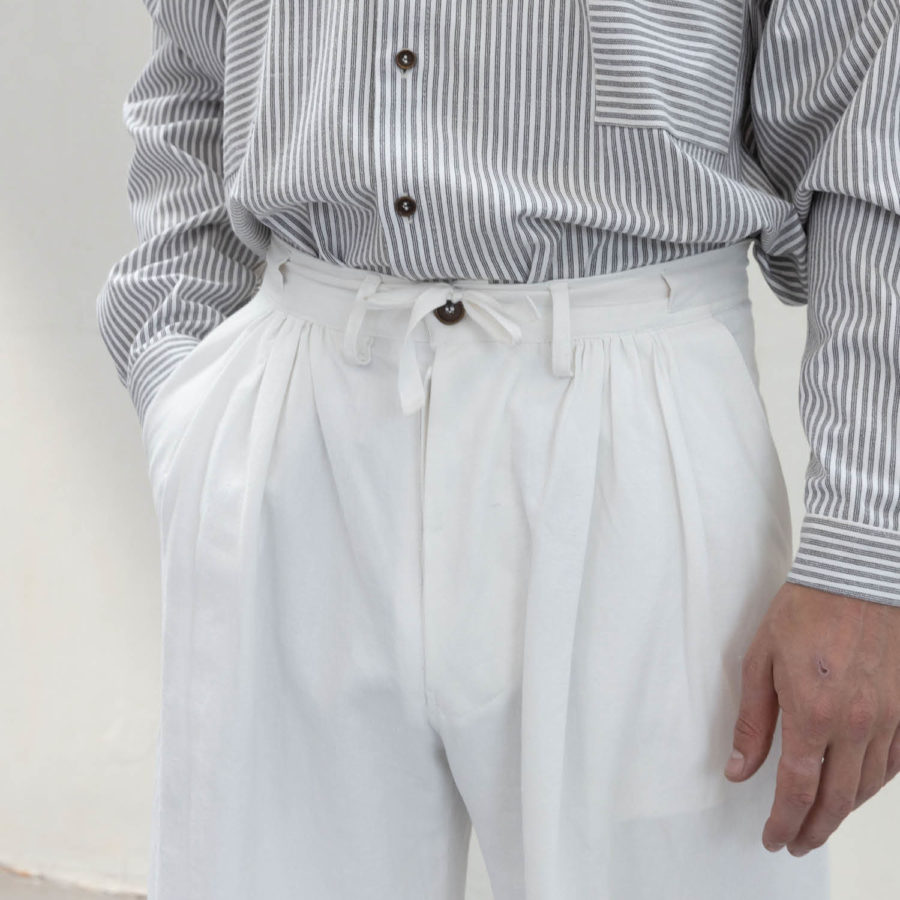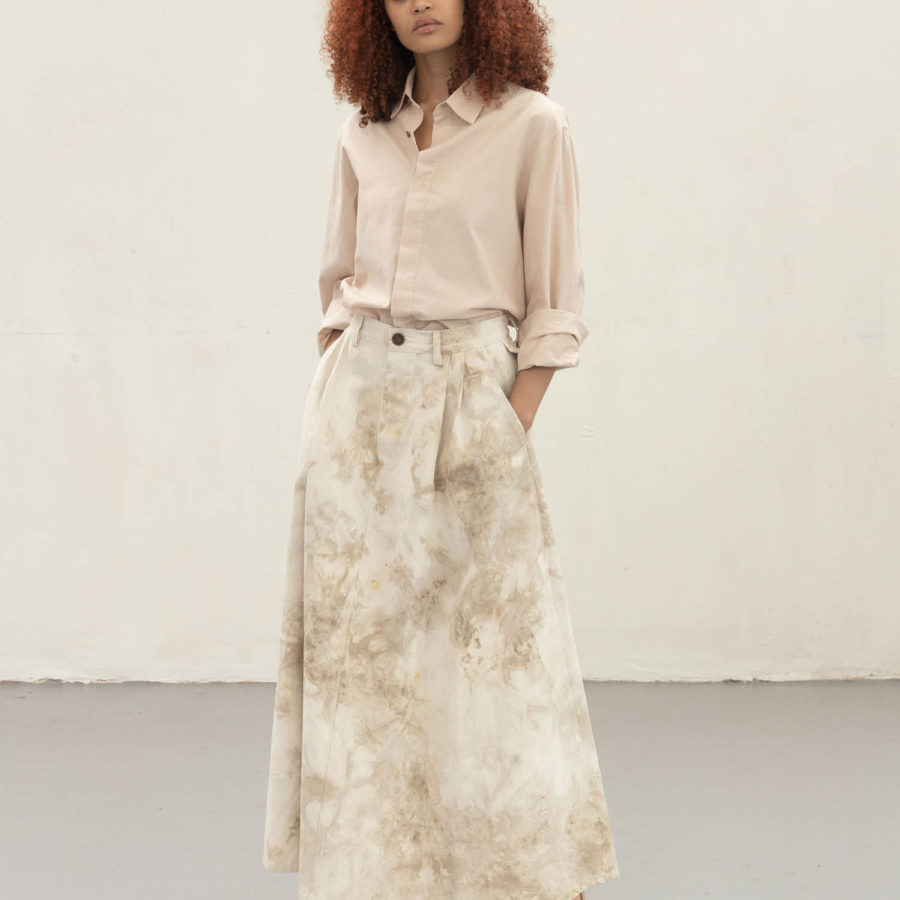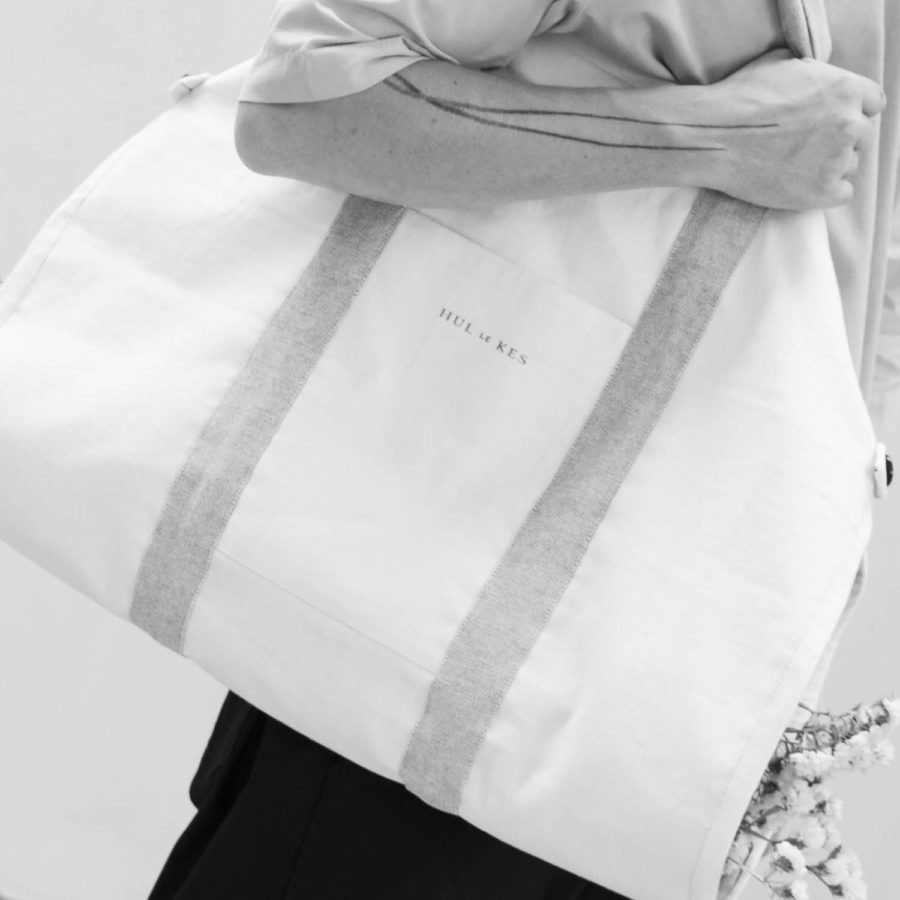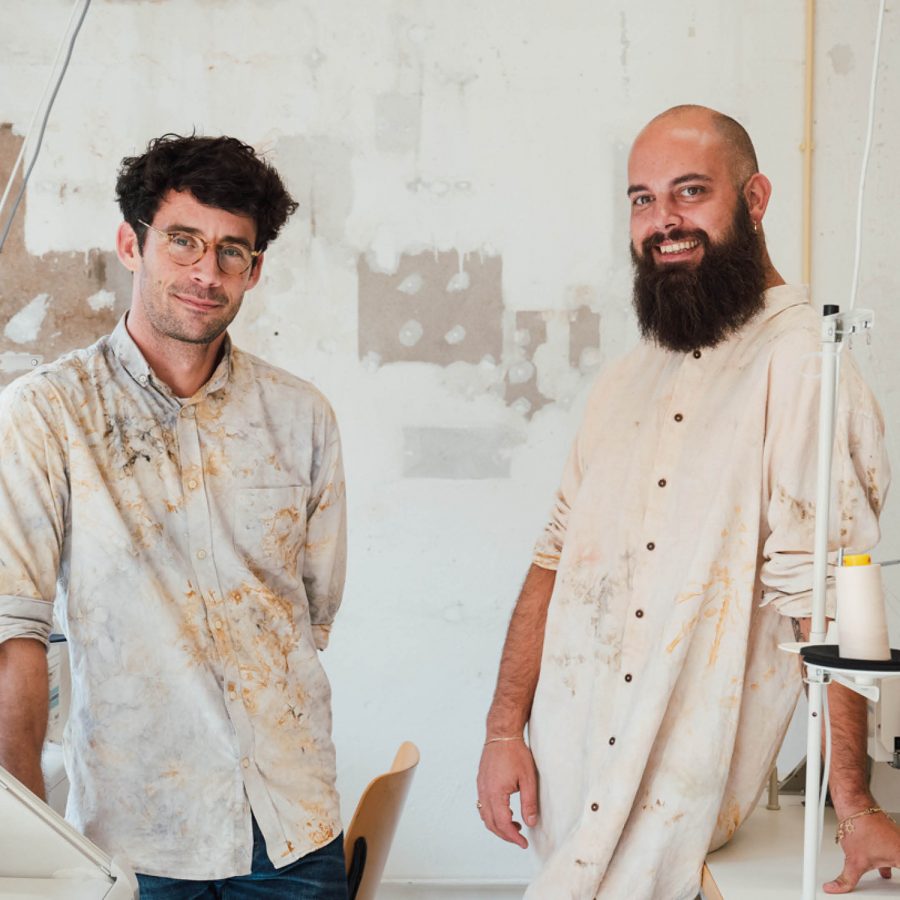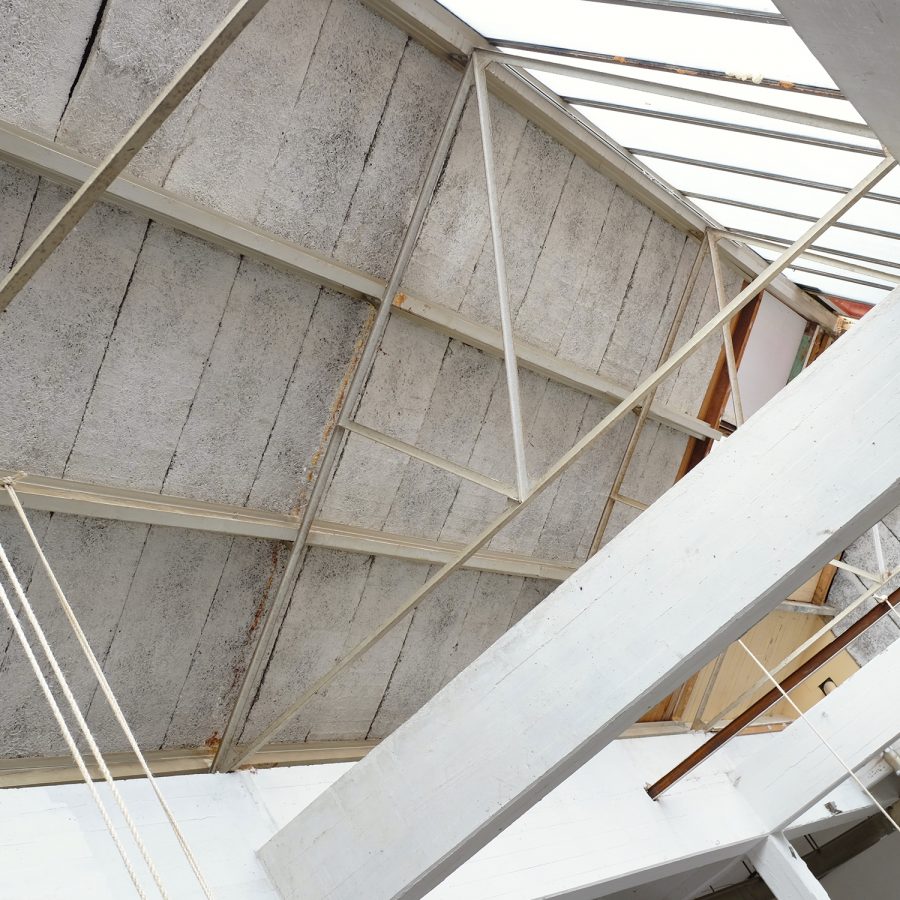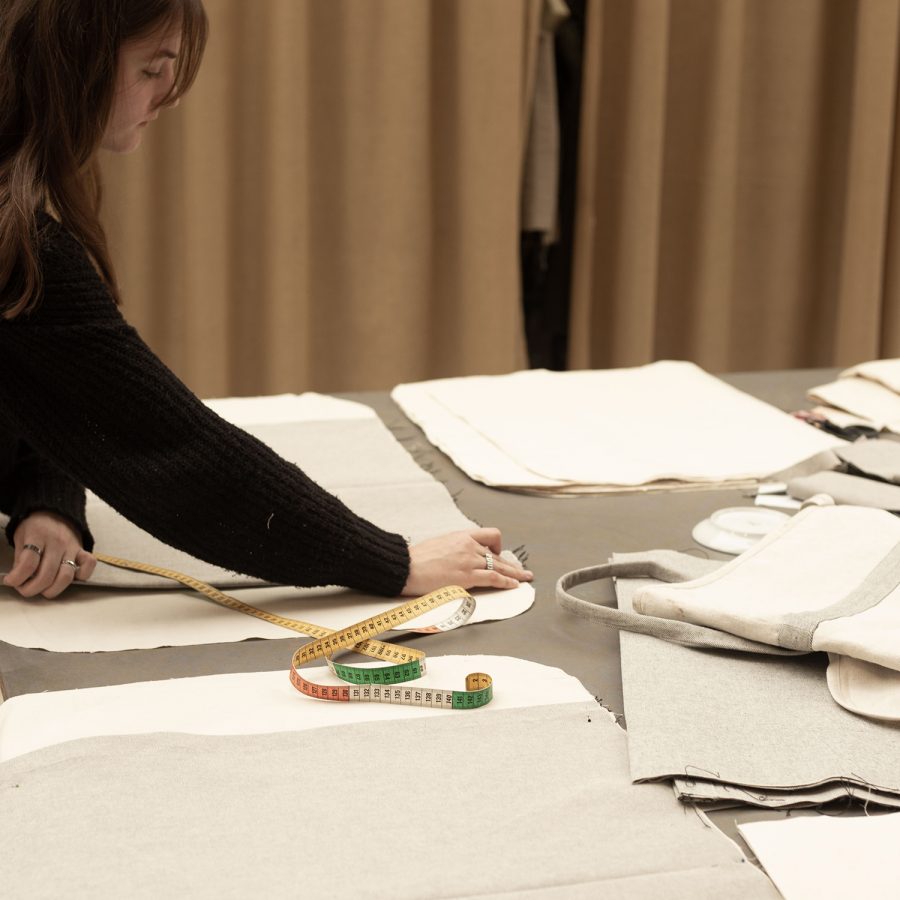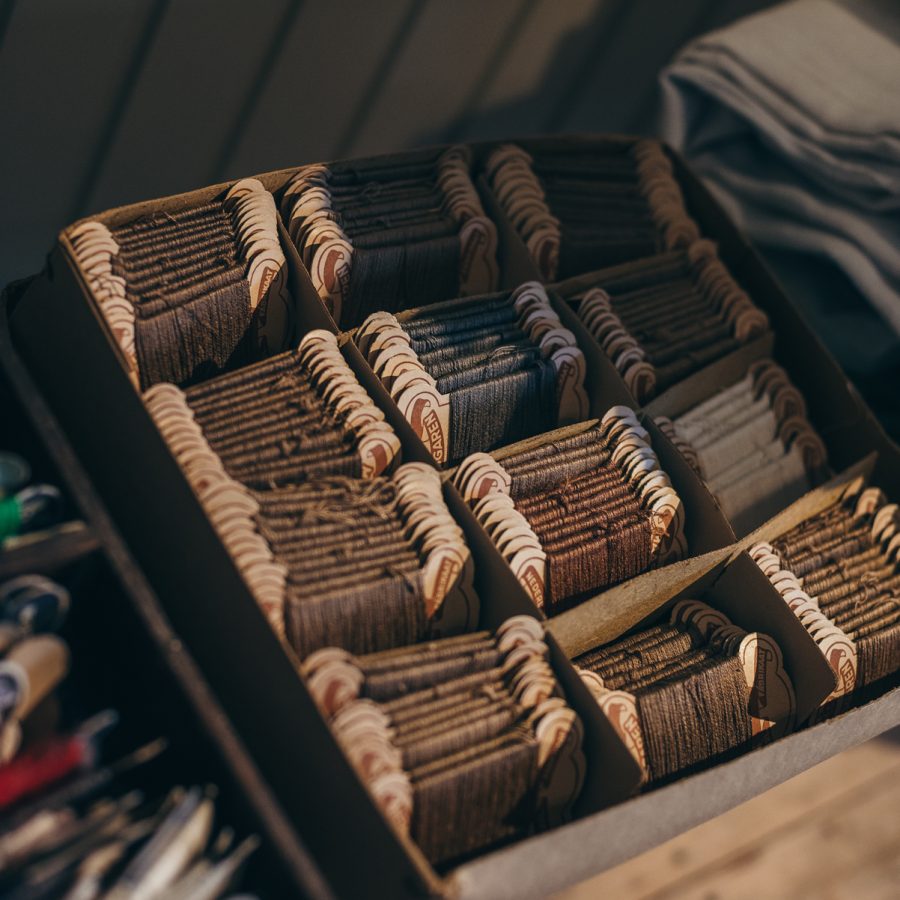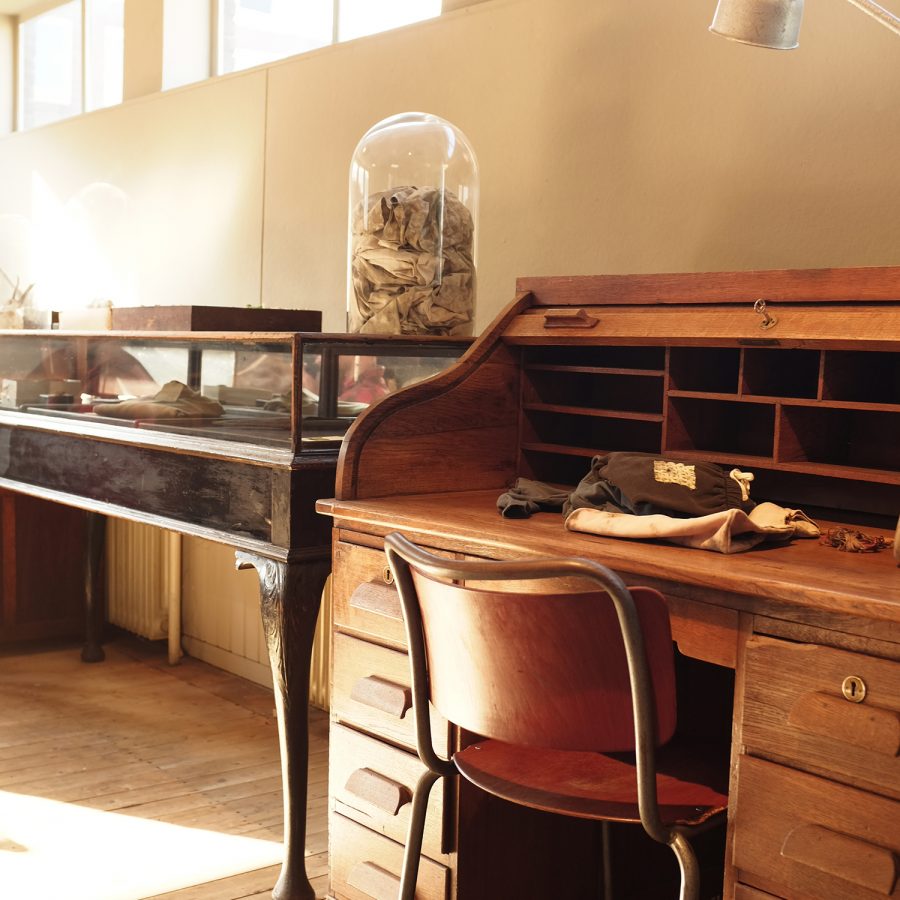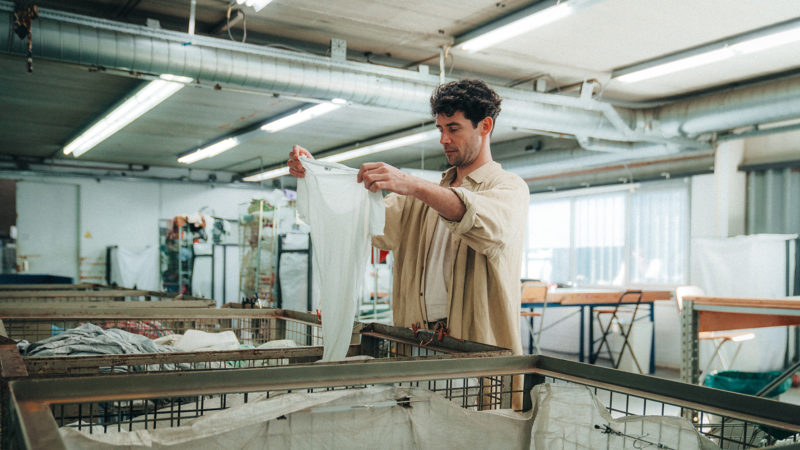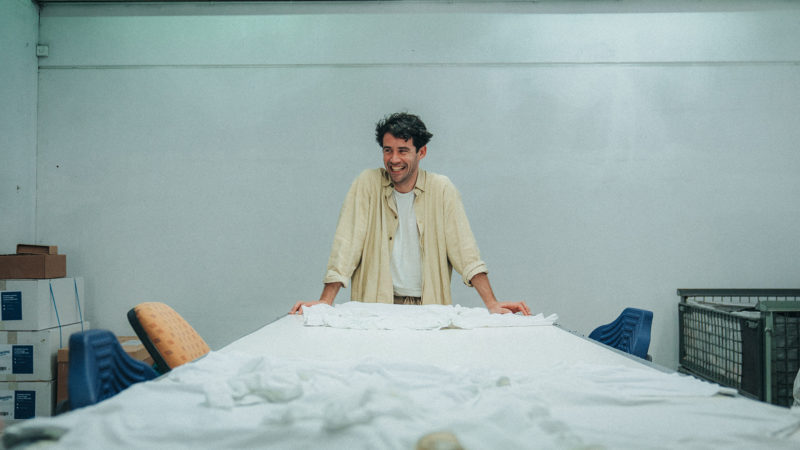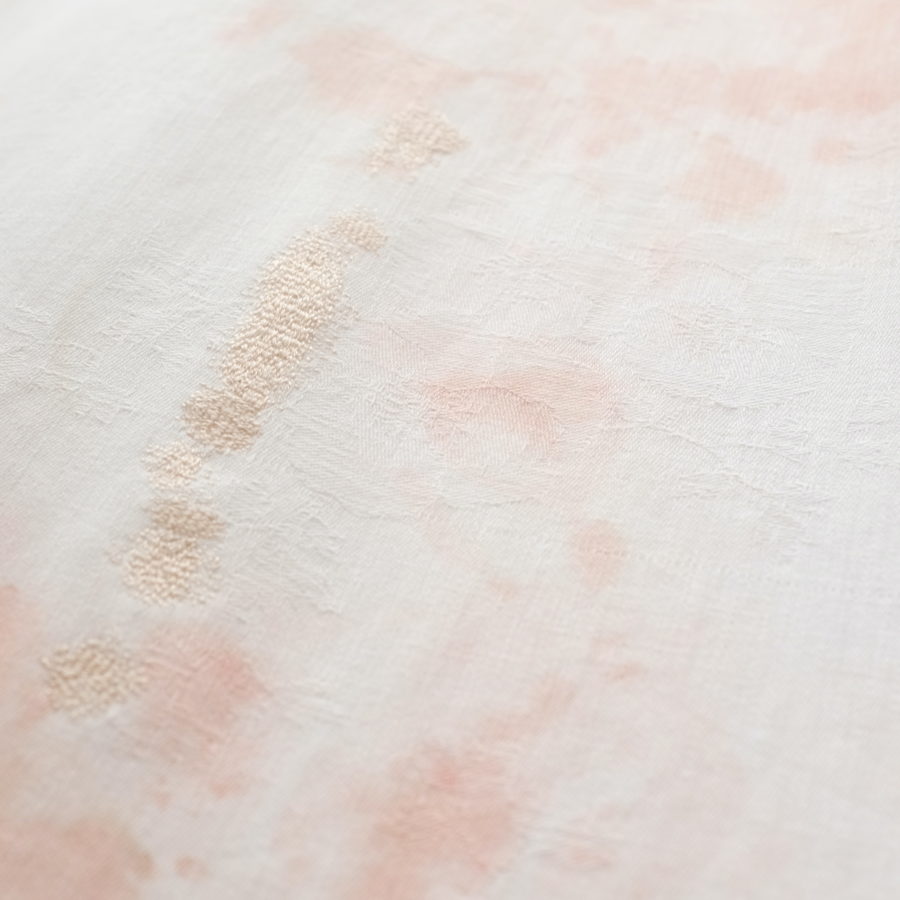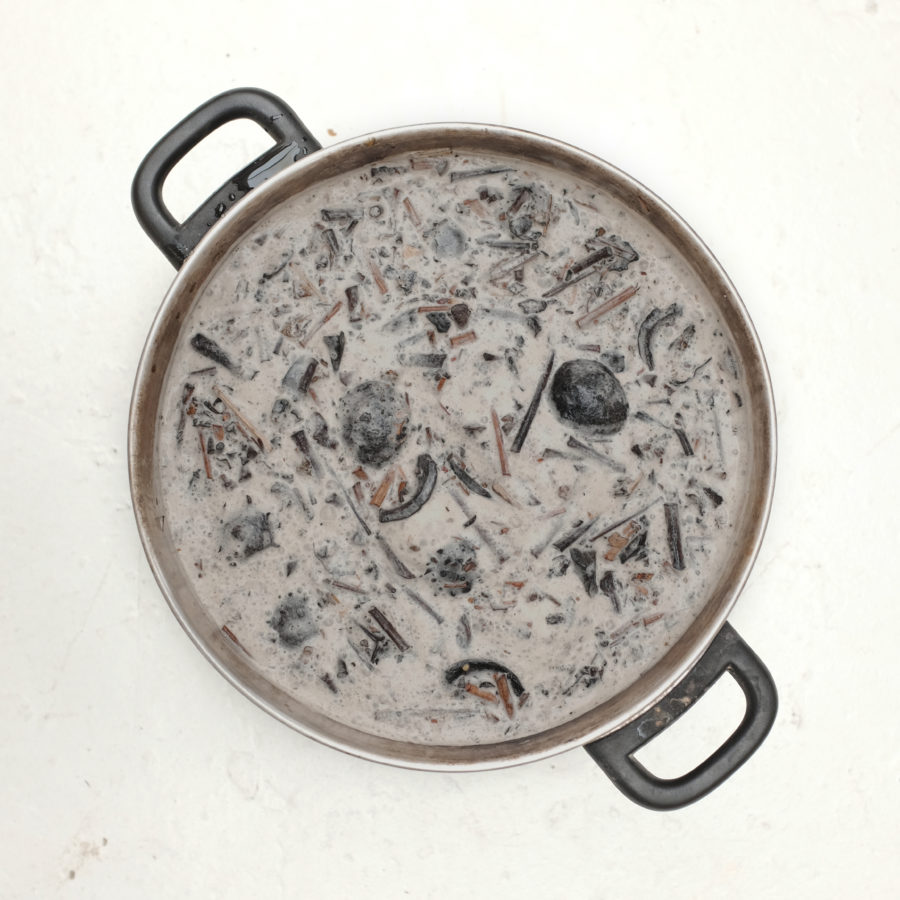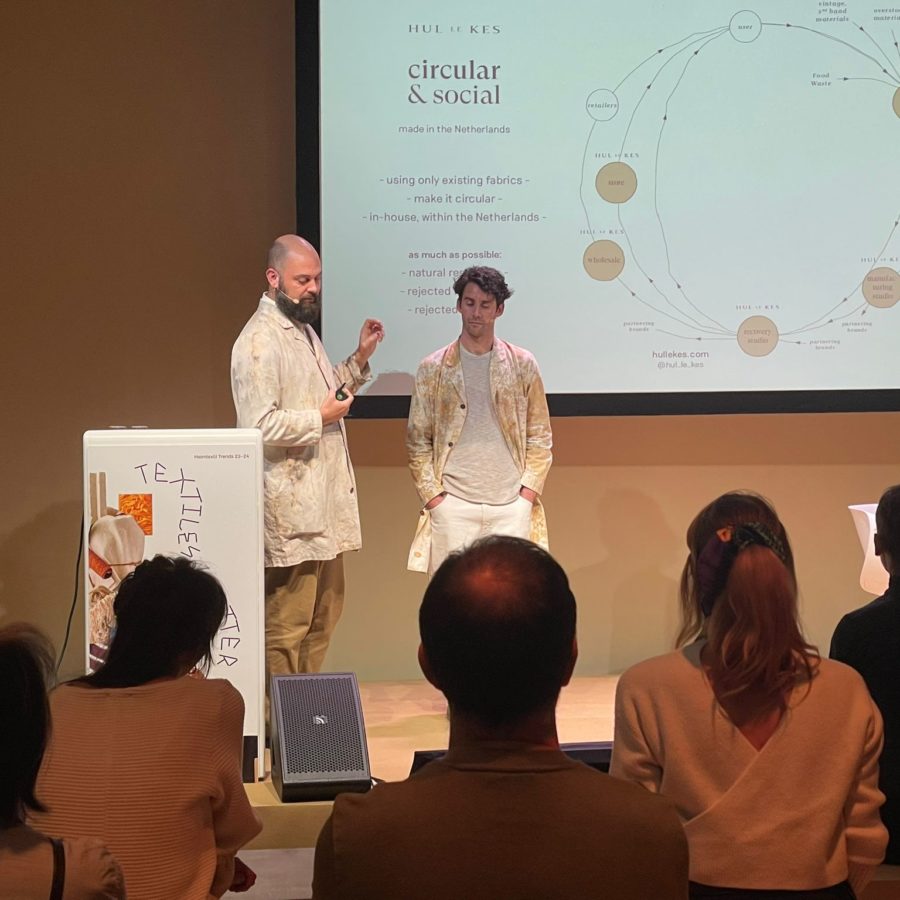We have just returned from Paris and immediately joined the round table discussion in the House of Representatives about circular textiles as listeners. Circular textiles are a hot topic, but still far from reality, as it turned out again in Paris. During the Paris Fashion Week, little is happening around sustainability, let alone circular working in the fashion industry. Apart from some use of post-consumer materials, the main fashion world is still stuck in old linear business models. Fortunately, it also appears that more and more retailers are embracing circular textiles and the round table discussion in The Hague also shows that steps are indeed being taken in the right direction.
A blog post by our Managing Director Sebastiaan Kramer about the round table discussion in The Hague which took place on March 9, 2023.
It was member of parliament Kiki Hagen (D66) who initiated this round table discussion about making the clothing industry more sustainable. In addition to Hagen, politicians Eva van Esch (Partij voor de Dieren, and also chairman of the afternoon), Erik Haverkort (VVD) and Stieneke van der Graaf (Christenunie) were also present to ask questions to the fashion parties present.
Those fashion parties, parties that, like Hul le Kes, are committed to a circular and/or sustainable fashion system, were: United Repair Center (Thami Schweichler), The Swapshop (Monique Drent), WEAR (Lorenzo van Galen), Ioniqa (Jeroen Bulk) , i-did (Michiel Dekkers), Loop a Life (Ellen Mensink), Plastic Soup Foundation (Jeroen Dagevos), Fair Wear Foundation (Femke den Hartog), NVRD (Wendy de Wild), Sympany (Erica van Doorn), Textiles2Textiles (Hans Bon), Het Goed (Auke van der Hoek), Wolkat (Kimberley van der Wal) but also Zeeman (Arnoud van Vliet), C&A (Christina Seidler-Lynders) and H&M (Hendrik Heuermann).
The meeting of all these parties resulted in an unprecedented crowd at the door of the House of Representatives and an interesting 3.5-hour round table discussion. Each fashion party mentioned above was given the opportunity to make a short statement about their personal or more general developments in the field of sustainable fashion.
